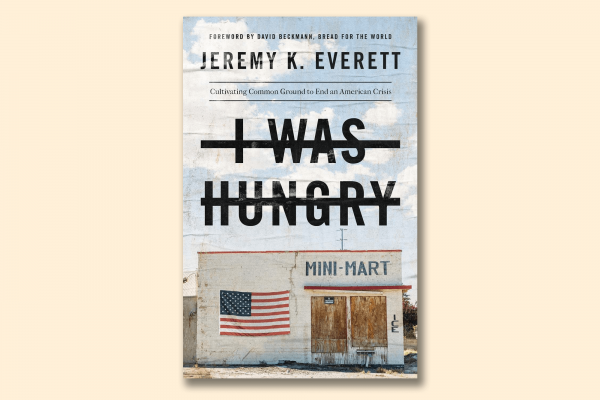IF ALL THE hungry people in the U.S. were gathered into one state, its population would roughly match that of California. According to the USDA, 40 million Americans are food insecure. This means 1 in 8 Americans lack sufficient food to live a healthy life.
Our children fare even worse. In the richest nation the world has ever known, 1 in 6 children will at some point this year be left with a growling belly, wondering where their next meal is coming from, and when. In South Texas, where Jeremy Everett works to end hunger, 1 in 2 children face such dire straits.
According to Everett, to tackle a problem as large and complex as hunger, individual trust, commitment, and community buy-in are crucial. They are not enough, though: Widespread collaboration is also required. Communities must join forces with other communities, nongovernmental organizations, businesses, and government at all levels. They must pool their resources and knowledge and coordinate their efforts.
Read the Full Article

